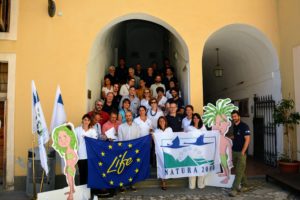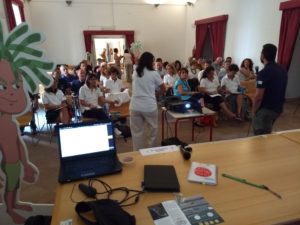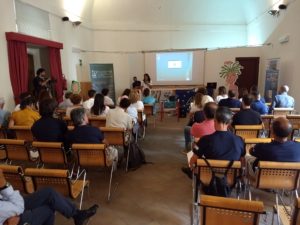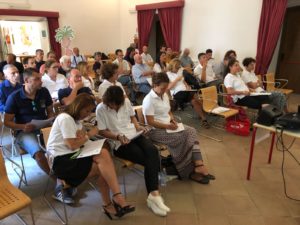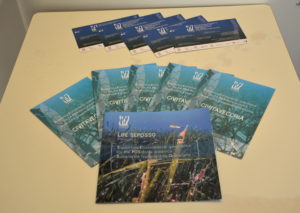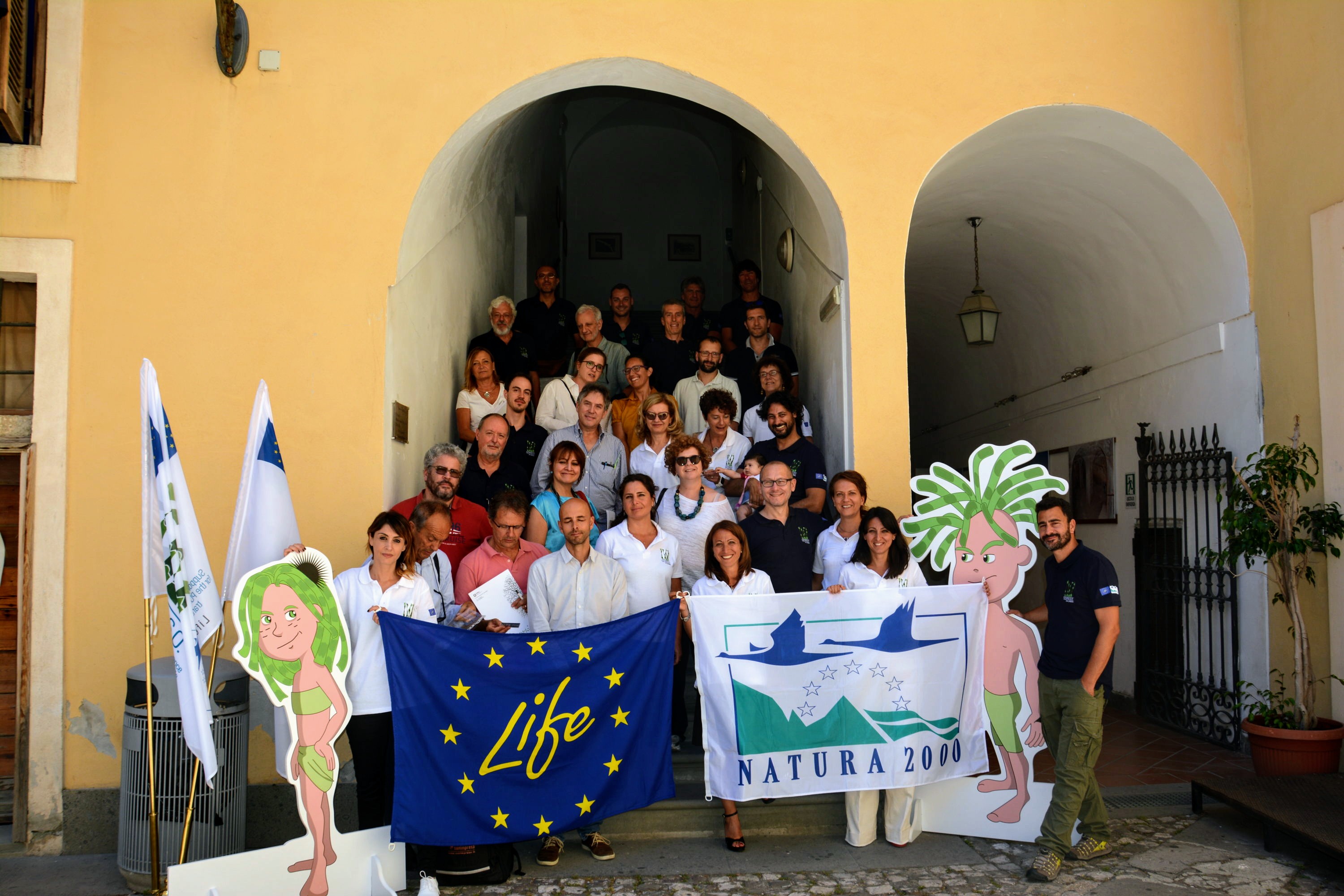
- ACTION B.1,NEWS,SEPOSSO
- No comments
Among of the events scheduled at Civitavecchia between June 25th and 30th, Thursday 28th June, at the A. Cialdi Library, Piazza Calamatta 18, in Civitavecchia (RM), a round table was organized by Life SEPOSSO to address the main aspects concerning the management of Posidonia oceanica transplants. The round table is part of the meeting activities with the local authorities and with the main stakeholders in our study sites (Action B.1).
After the presentations of the project by the coordinators Tiziano Bacci (ISPRA) and Barbara la Porta (ISPRA), various specific focuses were addressed.
Dr. Viviana Lucia (ISPRA) presented the analysis of the EIA and VINCA (i.e. HD 92/43/EEC, Article 6 assessment) complex case for the realization of some strategic works envisaged by the Port Town Planning Plan of Civitavecchia, and the prescriptions that led to the realization of transplants in Santa Marinella as a measure of compensation. Dr. Carlo Pipitone (CNR Palermo) spoke about the perception of Posidonia oceanica transplantation activities in the Governance analysis, reporting the data on the first structured and semi-structured interviews given to stakeholders in Civitavecchia and S. Marinella. The transplantation of P. oceanica in 2004 in Santa Marinella was described by Prof. Michele Scardi (University of Tor Vergata), while Dr. Tiziano Bacci presented the survey activities under way on the transplant in Santa Marinella in the Life SEPOSSO project. Prof. Paolo Vassallo (University of Genoa) presented the current studies on the economic evaluation of P. oceanica: a wealth to be known and defended, while Dr. Claudia Delfini (ISPRA) presented the communication and dissemination plan “Posidonia oceanica: your wealth“.
The debate among the participants involved other interesting topics, such as the general causes of the regression of seagrasses in the Mediterranean, the general problems of the application of the EIA / VINCA rules and the compliance with the EIA requirements in the recent past, the transfer of environmental informations to citizens and their involvement in decision-making processes in compliance with the Ahrus Convention. The discussion of these issues helped to better understand the interactions between the different elements of the EIA process in the construction of maritime works and infrastructures, and the actors involved, to achieve an optimal transplantation governance.
ROUND TABLE PROGRAMME CIVITAVECCHIA_28.06.2018

